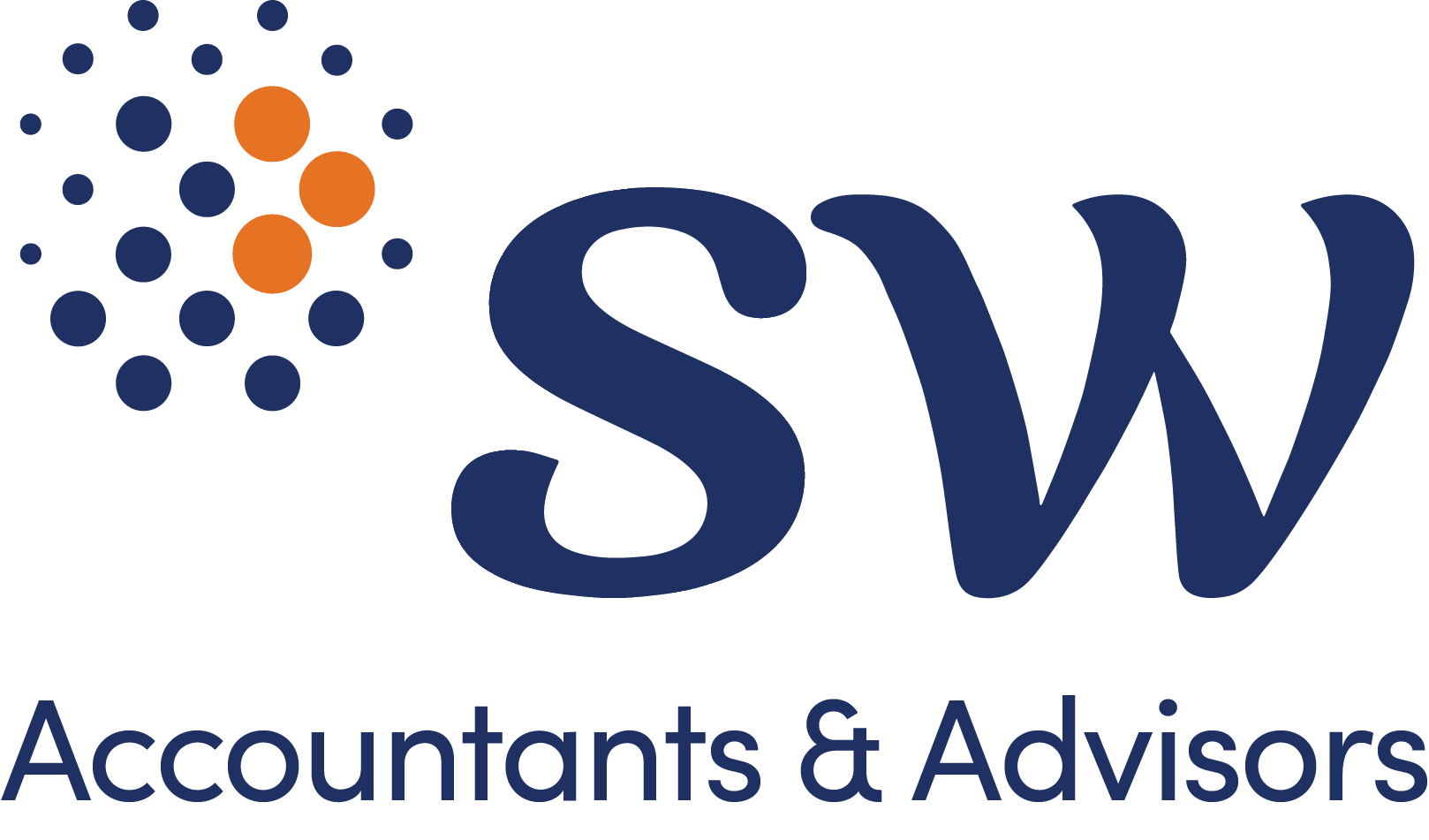
Changes to deductibility of interests on ATO debts – Effective 1 July 2025
24/06/2025
General interest charge (GIC) and Shortfall Interest Charge (SIC) incurred from 1 July 2025 will no longer be deductible, increasing the after tax cost of carrying a tax debt.
Taxpayers have historically been able to claim tax deductions for GIC and SIC imposed by the ATO. This helped offset the financial burden of these penalty interest charges which are designed to encourage timely tax payments.
However, the Treasury Laws Amendment (Tax Incentives and Integrity) Act 2025, which received Royal Assent on 27 March 2025, changes this treatment.
From 1 July 2025, any GIC or SIC incurred will not be deductible regardless of whether the debt relates to an earlier income year. If you have a Substituted Accounting Period (SAP), these changes will apply to you from your next accounting period starting after 1 July 2025.
These changes aim to encourage timely and accurate tax payments by increasing the financial cost of tax debt.
Background
Understanding the nature of these interest charges is fundamental to grasping the significance of this change.
- General Interest Charge applies when any tax liability or related amount remains unpaid beyond its due date, accumulating daily on a compounding basis until the debt is cleared.
- Shortfall Interest Charge operates differently. It applies when tax returns are amended and reveal that insufficient tax was originally paid, with the charge calculated daily from the original due date until the amended assessment is issued.
The timing of when interest charges are “incurred” becomes critically important under the new rules. Interest charges are considered incurred when the ATO issues an assessment, not when they accrue daily. Thus, an amended assessment issued on 30 June 2025 would result in fully deductible SIC, while the same assessment issued two days later would be non-deductible, regardless of how much of the interest period relates to pre-July 2025.
The legislation also addresses the corresponding treatment of remissions, creating a logical symmetry in the tax system. Since GIC and SIC will no longer be deductible when incurred after 1 July 2025, any subsequent remission of these charges by the ATO will no longer need to be included as assessable income.
Who is impacted?
Every Australian taxpayer with a tax debt is affected but the impact depends on individual circumstances.
Small and medium enterprises face the most severe consequences, representing a significant portion of the ATO’s collectable debt and often have limited access to alternative financing. These businesses frequently rely on ATO payment plans during cash flow difficulties, making the increased cost burdensome.
Taxpayers with existing ATO payment arrangements extending beyond 1 July 2025 need particular attention as any GIC accruing after this date will be non-deductible even if it relates to pre-existing debt.
What is the impact?
The financial impact goes beyond the immediate loss of tax deductions. Effective costs of GIC increased to full statutory rates, making the ATO debt among the most expensive forms of financing for businesses, often more costly than loans or credit facilities.
Cash flow planning becomes more complex as businesses must budget for the full cost of any potential tax penalties. The change also affects the strategic value of voluntary disclosures as the cost of resulting SIC cannot be partially offset through tax deductions.
Resultantly, the measure creates hardship for taxpayers already in financial difficulty. Unlike commercial lenders offering payment holidays or restructured terms during hardship, the ATO’s remission process remains rigorous and uncertain. This could force businesses to seek more expensive emergency financing rather than manage their tax debt through extended payment arrangements.
For professional advisors, the change necessitates more proactive tax planning and closer monitoring of compliance deadlines. The increased cost of penalties makes preventive advice more valuable while raising stakes for compliance failures.
Steps to take
Settle outstanding tax debts and review current arrangements
Immediate action is required before 1 July 2025 to minimise exposure to non-deductible charges. Taxpayers should prioritise clearing any outstanding tax liabilities by reviewing and accelerating existing payment arrangements with the ATO.
Where full payment is not possible, exploring alternative financing options with deductible interest should be considered.
Professional review of tax compliance processes can prevent future GIC and SIC charges. You can avoid payment delays by implementing robust systems to meet lodgement deadlines, ensuring accurate self-assessment, and establishing better cash flow forecasting.
Consultation and planning
For taxpayers with complex affairs or with previously incurred regular penalty charges, professional advice should be sought immediately. Consultations should focus on:
- compliance improvements,
- alternative financing strategies,
- and understanding specific timing implications of the new rules.
Businesses should review their financial forecasting and budgeting processes to factor in increased cost of any future tax penalties. Additionally, insurance products or facility arrangements providing emergency tax funding should be explored for comprehensive risk management.
How SW can help
SW can help you navigate this significant transition through urgent pre-30 June 2025 reviews of current tax positions and outstanding liabilities.
We can guide you on opportunities for voluntary amendments remaining fully deductible, assist with clearing your existing debts before the deadline, and analyse more cost-effective financing arrangements that are than extended ATO payment plans incurring non-deductible interest charges from July 2025.
We can also discuss ways to strengthen your tax compliance framework. This includes implementing robust systems to prevent future penalty charges, restructuring cash flow planning to account for the higher after-tax cost of tax debt, and providing expert advocacy when ATO remission applications may be warranted.
Our comprehensive approach ensures clients understand the technical timing complexities of these changes and practical steps needed to minimize their long-term financial impact.


